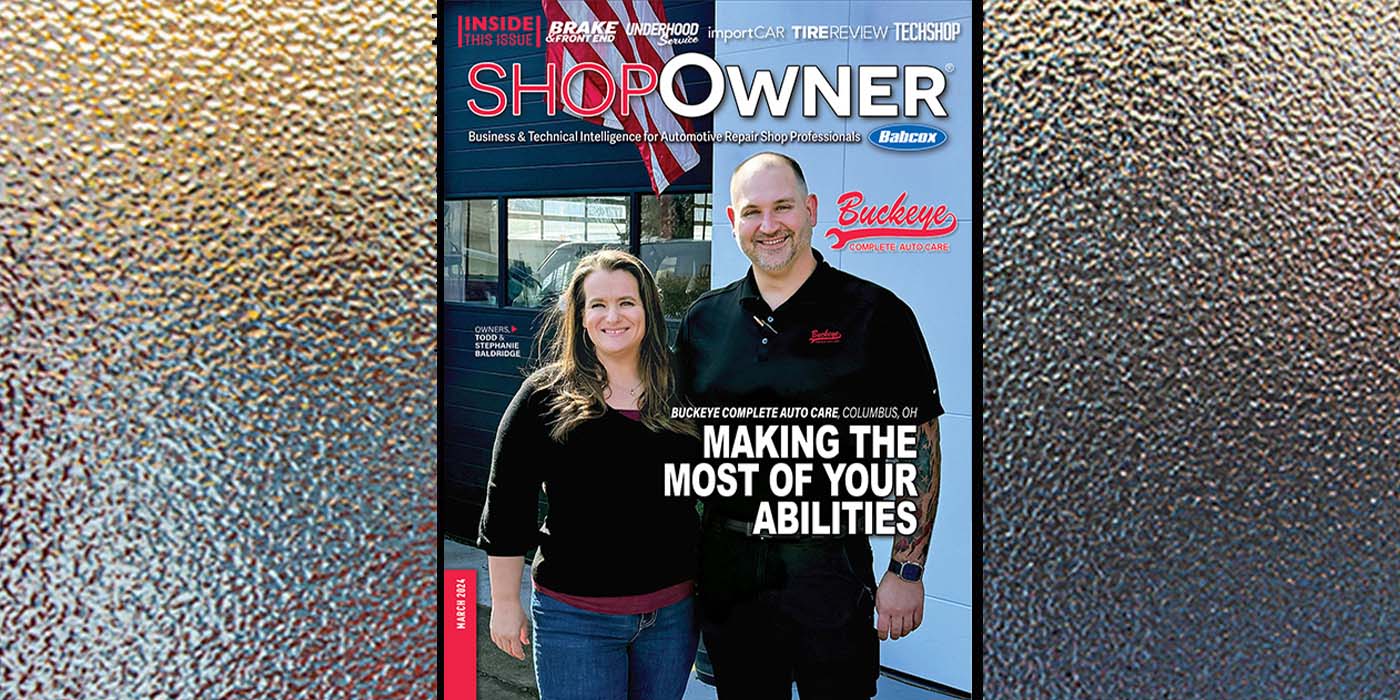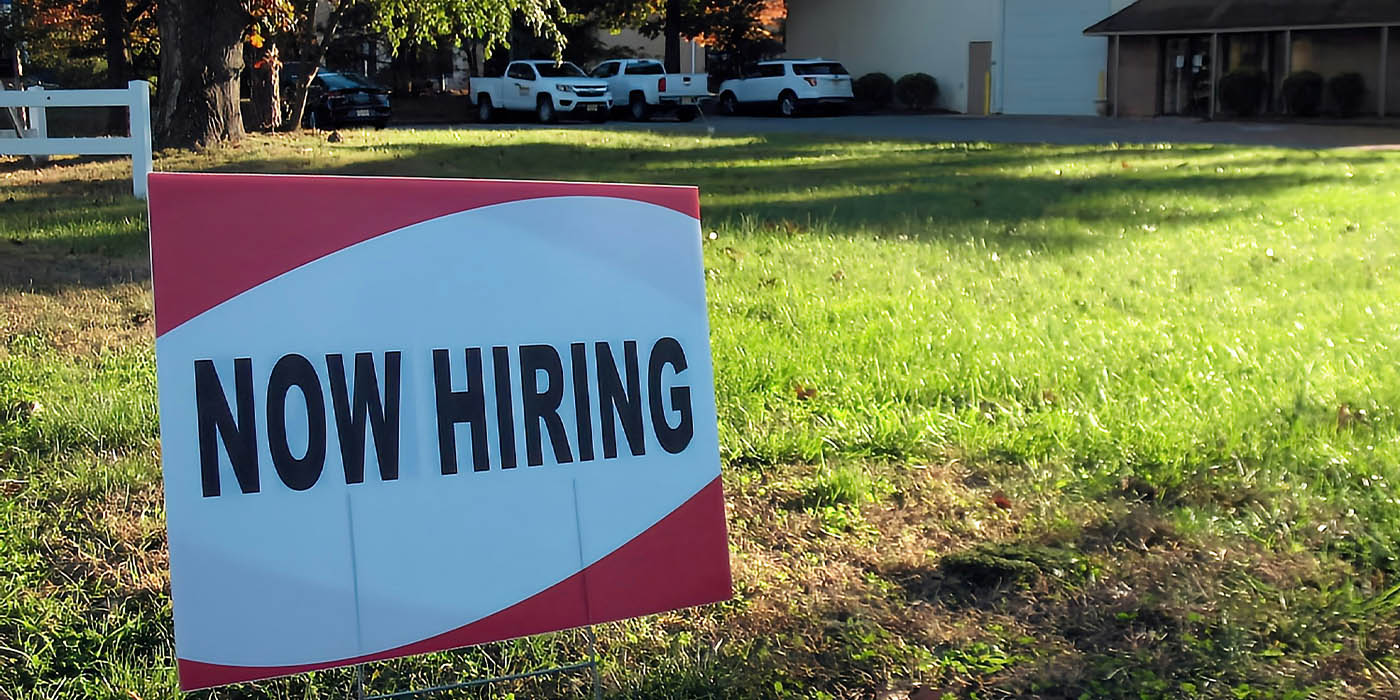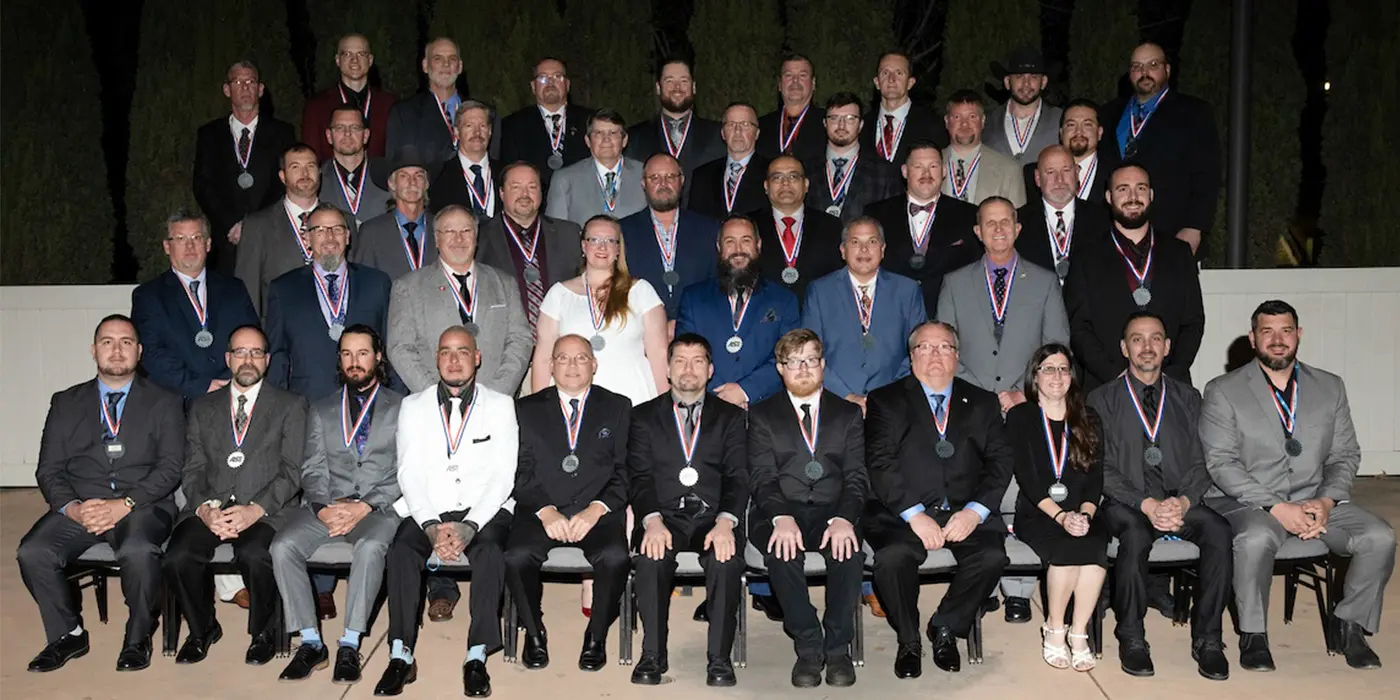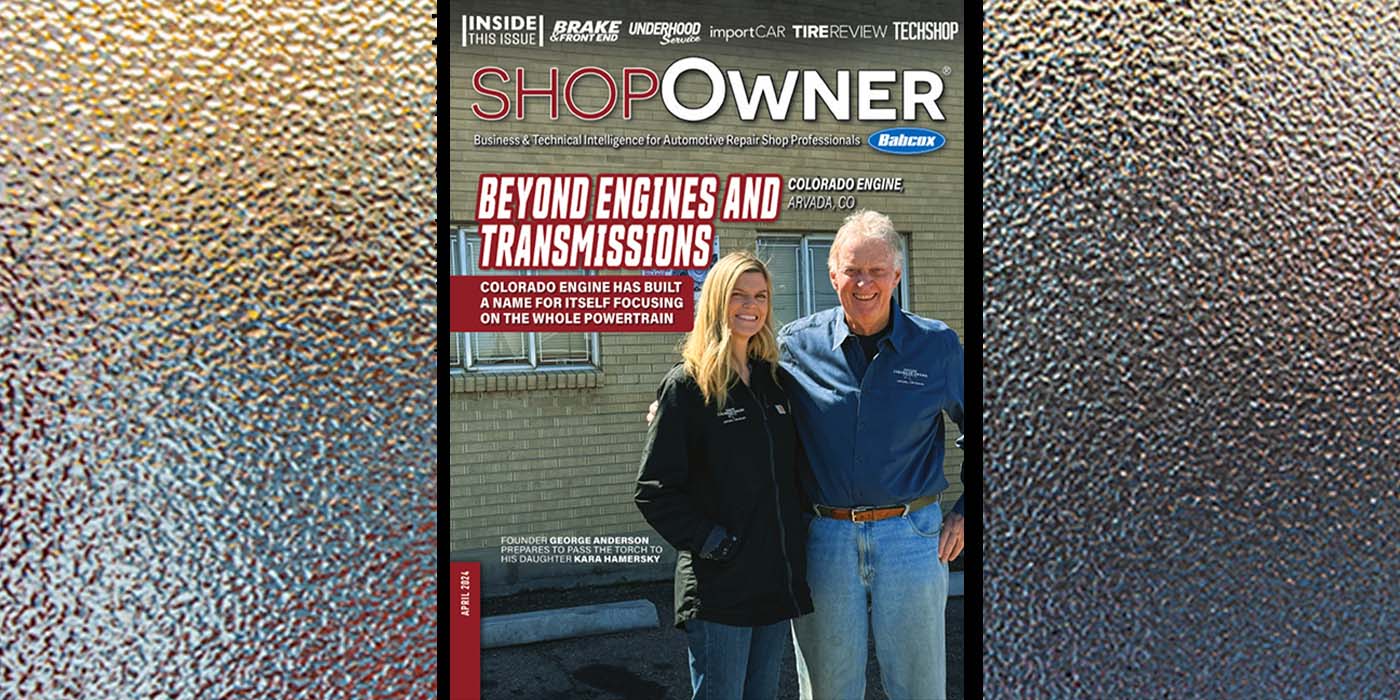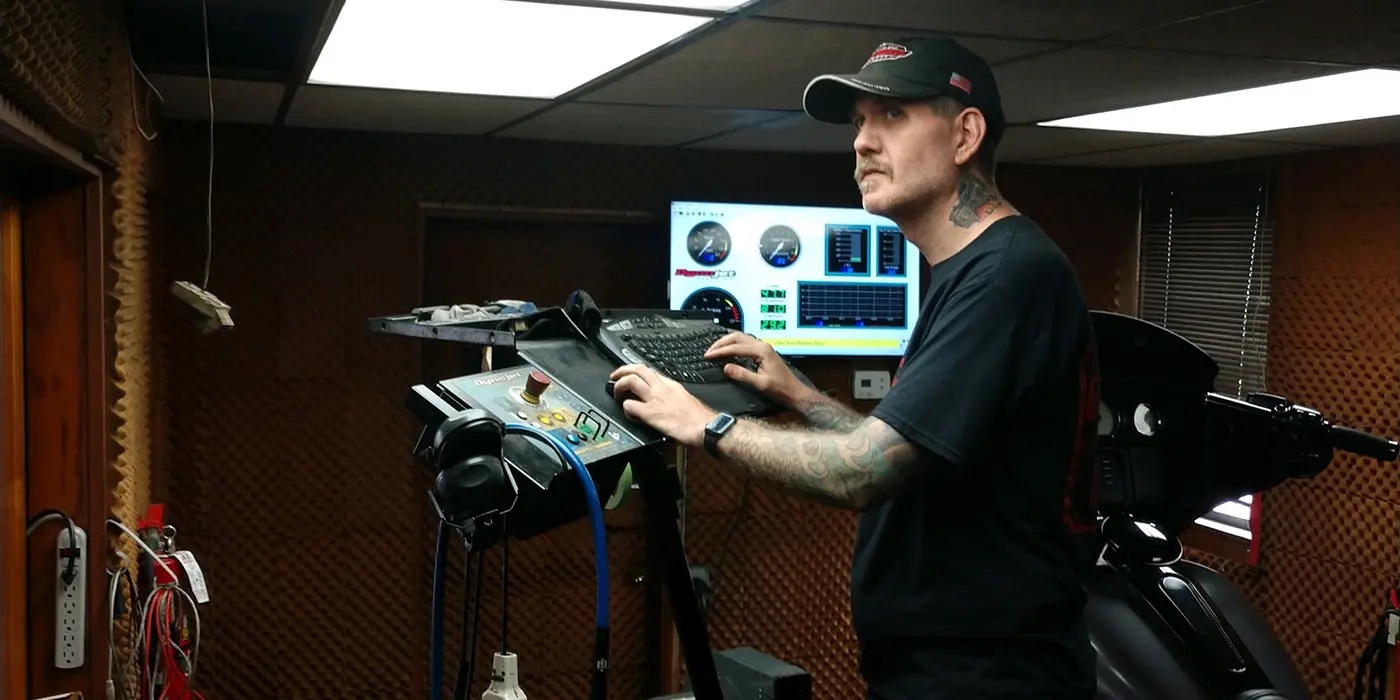
Anyone who has the responsibility of hiring employees and overseeing employment background screening for their shop has heard the term “national criminal history” search. Although the title sounds all-encompassing when doing a background search, it really is not.
There are a number of criminal records repositories an employer can access to determine if an applicant has a criminal record. Criminal records can be found on the county, state, national and federal levels. Each criminal record repository provides various information for an employer to make an informed hiring decision.
All arrests that occur within a county, with the exception of arrests for federal crimes, are recorded with the respective county clerk’s office or county court. The county search is the most reliable type of criminal search and it is also referred to as the court of original jurisdiction. However, from a realistic perspective, there are approximately 3,142 counties in the United States and searching each county is impractical. Many employers conduct county searches based off the applicant’s social security number. The SSN search provides information as to where the person lived, including address, state and county associated with the person’s SSN.
Another criminal records repository is a statewide criminal records search. This search usually provides criminal record information about a person if they have been arrested in the state. Many times, the statewide criminal history search will include any arrest that may have occurred in any county within that state. Several states do not have a statewide criminal history repository, such as California, and searches are confined to specific counties as previously noted. Normally, states charge an “access fee” in order to look at the records. This access fee is nothing more than a tax and is charged to anyone wanting access to the statewide criminal records repository. For example, the state of New York charges an access fee of $98, Florida charges $24; each state’s access fee varies depending on the state.
A national criminal history database search is a broad-brush type of search that gathers records from all 50 states, but given the state, may not report all criminal records on an individual. Some jurisdictions may not report to the database repository at all. Also, it may take up to 90 days for a jurisdiction to report an arrest to the national database repository. Said reporting delay means that a person who was arrested a day, week or even a month before making application will not show up on a national criminal history search.
If a criminal record is found in the national criminal history database search, it must be verified in the court of original jurisdiction or, in other words, the county in which the arrest had occurred. The Fair Credit Reporting Act requires that if a record is gleaned from the public records repository, it must be verified before it can be reported, or the applicant must be informed contemporaneously about the record when it is supplied to the prospective employer. Given these limitations, it is vital for human resources personnel to understand what information they can, or cannot, obtain from this type of search. The title of this search is very misleading and can cause an employer to think that they are getting all criminal history information on a person when in fact they are not.
The last type of criminal history repository houses federal criminal records. Federal criminal records are stored in a separate repository, which is not affiliated with a county, state or national criminal history repository. Many employers are unaware that federal criminal records are stored separately from all other criminal records repositories and sometimes learn, if at all, the person they hired had a federal criminal record, but they failed to search the federal criminal history repository.
The landscape of conducting criminal history inquiries on employment applicants can be tricky and understanding exactly the scope of information you receive related to a criminal history search is vital. Although shops work on tight margins, failing to properly vet an applicant will eventually cost them exponentially more if the wrong person is hired because of a limited background screening search.
The author of this article is not an attorney and offers no legal advice. The contents of this article should be reviewed by your corporate attorney before taking any action based on its content.
This story was originally published by Auto Success.
Andrew Scott, is Vice President of Scott-Roberts & Associates.
Click here to view more solutions from Andrew Scott and Scott-Roberts & Associates, LLC.

